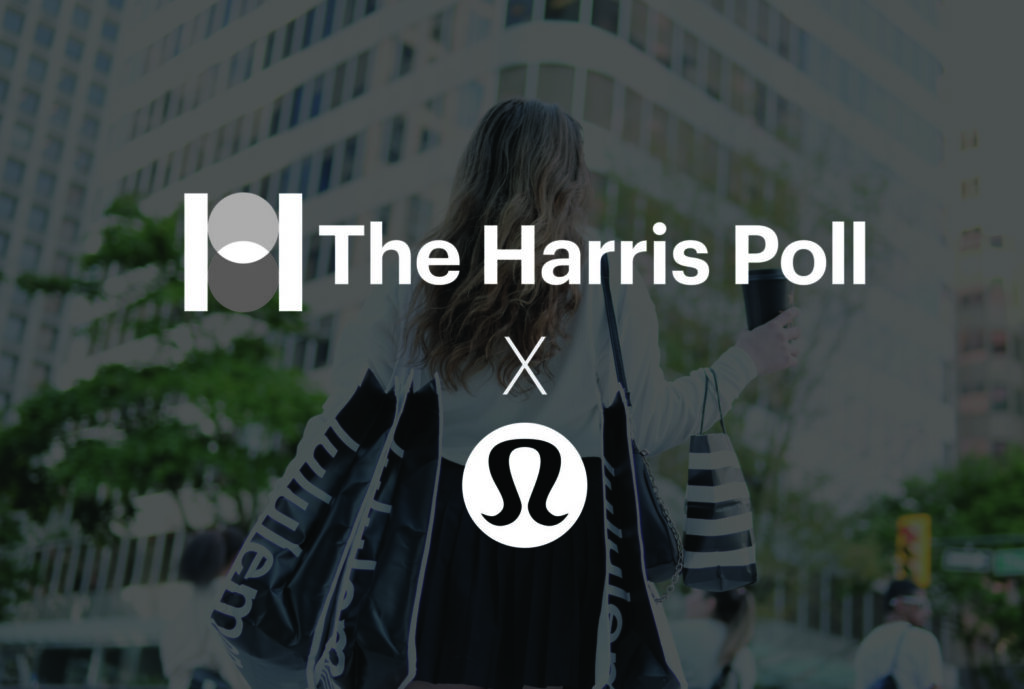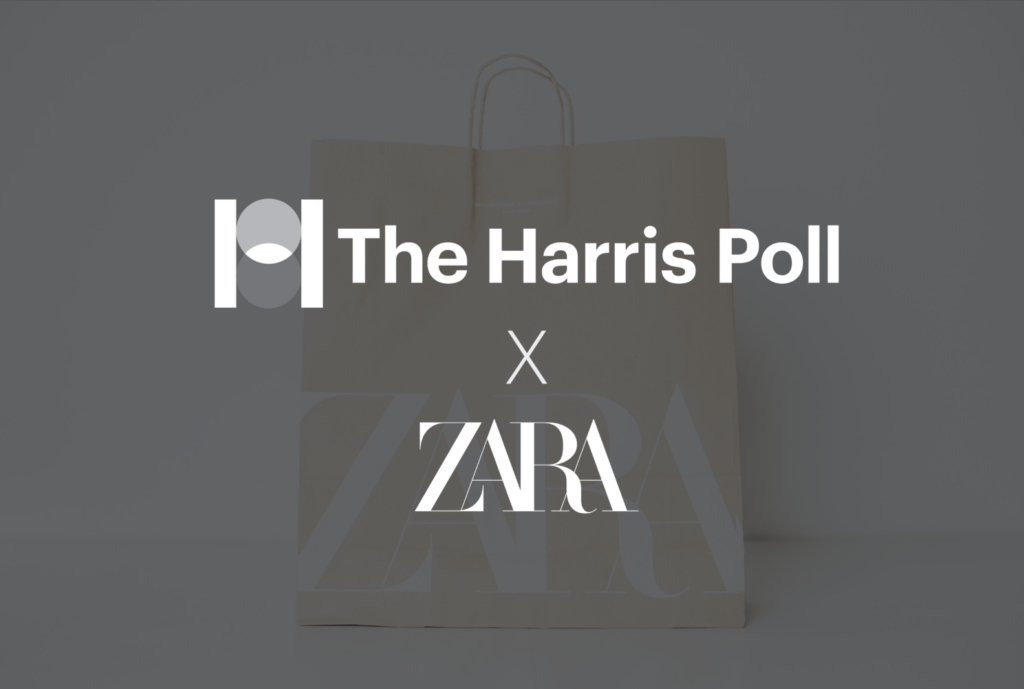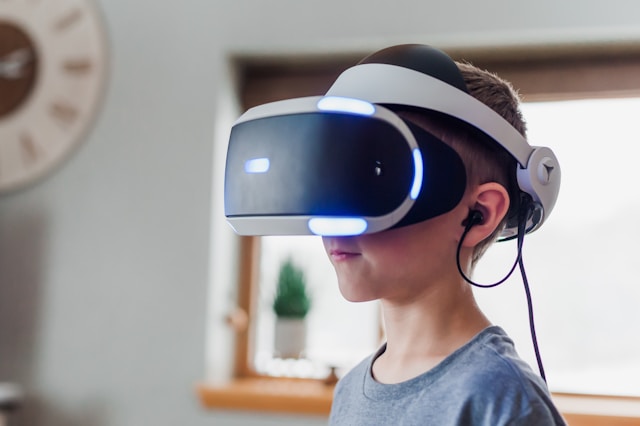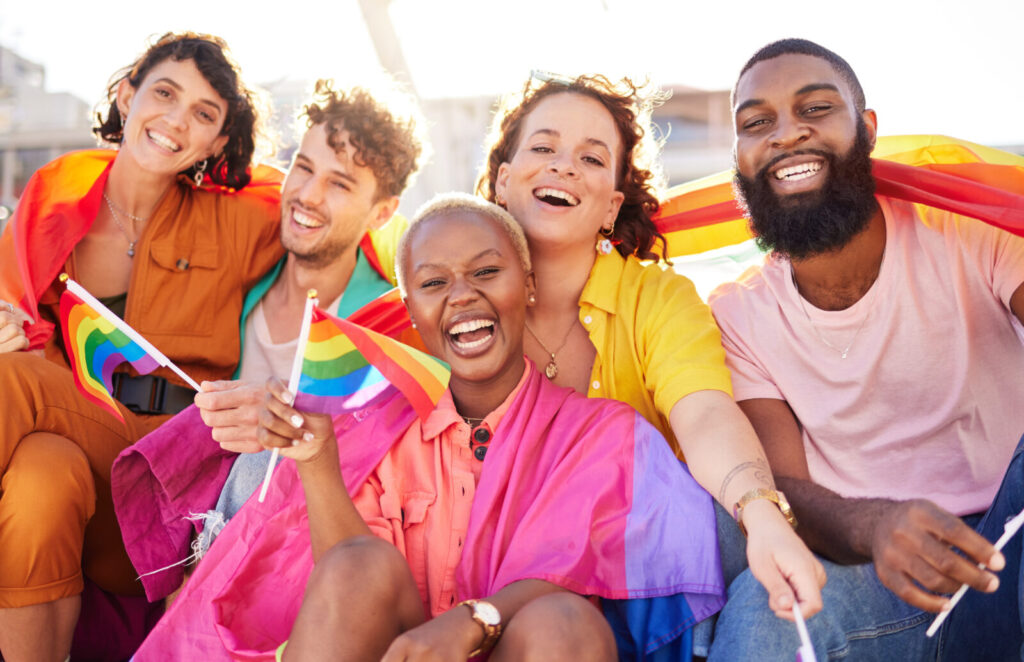Brief • 2 min Read

As the national conversation around COVID-19 has shifted toward vaccines, brands are offering incentives like freebies, rewards, and discounts to vaccinated customers. For its part, Krispy Kreme is offering a free glazed donut to customers who can prove vaccination.
In a recent study by The Harris Poll on behalf of Adweek, the majority of Americans see rewards and discounts as a motivator to get people vaccinated, and they’re also more likely to buy from brands that offer these incentives: 70% agree that brands could encourage more people to get vaccinated against COVID-19 if they were to provide rewards or discounts to vaccinated consumers. Seventy percent also see these campaigns as at least somewhat effective in encouraging them to get a vaccine for themselves.
What’s more, 60% of Americans say brands have an obligation to encourage people to get vaccinated while 62% say brands have an obligation to circulate messaging or content that helps dispel misconceptions around the COVID-19 vaccine. This also extends beyond healthcare companies: a large majority — 70% — support non-health care brands sharing fact-based and instructional information about COVID-19, such as where to get the vaccine.
However, there is a significant contingent of middle-class consumers who think otherwise: 53% of consumers with an annual household income between $50,000 and $75,000 disagree that brands have an obligation to encourage vaccinations. Moreover, 50% of these consumers (with HHI between $50,000 and $75,000) disagree that brands have an obligation to disciple misconceptions around the vaccine.
Nevertheless, the findings show that brands have a powerful voice when it comes to educating the public on the vaccine: 58% of Americans say they trust vaccine information shared by brands more than they trust information they see on social media. Additionally, a large majority (71%) say that brands using fact-based content or messaging in their campaigns would be at least somewhat effective in driving them to get the vaccine for themselves.
The news media and government agencies still hold more credibility, however: 71% of consumers said they would trust the news for vaccine-related information over brands, and 79% say they would trust this information from government agencies more than they would from brands.
Even so, a stark generational divide emerges here: Baby Boomers are much more likely to trust brands over social media compared to Millennials and Gen Z. Seventy-three percent of Boomers say they’d be more apt to trust brands over social media in this context, and 63% of Gen X say the same. Conversely, only 44% of Millennials say they would trust information on the vaccine from brands over information from social media. Only 37% of Gen Z say the same.
As it turns out, Baby Boomers are the most supportive of non-healthcare brands using their platform to encourage Americans to get the vaccine, and they’re the most likely to buy from brands that offer discounts, rewards, or incentives to vaccinated customers.
Seventy-five percent of Baby Boomers say they support non-healthcare brands sharing information about COVID-19 vaccines — compared to 66% of Millennials and 70% of the general public. Sixty-eight percent of Boomers also say they would be more likely to buy from a brand that offers discounts, rewards or other incentives to vaccinated customers — compared to 61% of Millennials and 60% of Gen Z.
Overall, the impact of sharing vaccine information would be a net-positive on how consumers see and interact with their favorite brands: 60% of consumers say they would be more likely to buy from a brand that provides discounts, rewards, or other types of “fun” incentives to customers who have been vaccinated. And 42% said they would have a better opinion of their favorite brand if that brand shared information about how to get vaccinated, while another 43% said their opinion would not change. Only 15% said they would have a worse opinion.
Methodology
This survey was conducted online within the United States by The Harris Poll on behalf of Adweek during March 24-25, 2021, among 1,100 U.S. adults ages 18 and older. This online survey is not based on a probability sample and therefore no estimate of theoretical sampling error can be calculated. Figures for age, sex, race/ethnicity, education, region and household income were weighted where necessary to bring them into line with their actual proportions in the population. Propensity score weighting was used to adjust for respondents’ propensity to be online. For more information on methodology, please contact Dami Rosanwo.
Subscribe for more Insights
Subscribe to our newsletter for the latest trends in business, politics, culture, and more.
Download the Data
Get the full data tabs for this survey conducted online within the United States by The Harris Poll on behalf of Adweek between March 24-25, 2021, among 1,100 U.S. adults ages 18 and older.
Download
Subscribe for more Insights
Subscribe to our newsletter for the latest trends in business, politics, culture, and more.
Download the Data
Get the full data tabs for this survey conducted online within the United States by The Harris Poll on behalf of Adweek between March 24-25, 2021, among 1,100 U.S. adults ages 18 and older.
DownloadRelated Content







